The document provides information on effective and differentiated strategies to enable the health authorities to evaluate scenarios and make informed decisions on the best possible measures.
Scientific evidence and information, presented and analysed in this document, give rise to the following key considerations:
- In the current epidemiological situation, where SARS-CoV-2 is established in all EU/EEA countries and the UK, imported cases account for a very small proportion of all detected cases and are unlikely to significantly increase the rate of transmission.
- The prevalence of SARS-CoV-2 in travellers is estimated likely to be lower than the prevalence in the general population or among contacts of confirmed cases.
- Travellers should not be considered as a high-risk population, nor treated as contacts of COVID-19 cases, unless they had been in known contact with a confirmed positive case.
- Travellers should be subject to the same regulations or recommendations as applied to the local population.
- Member States should always admit their own nationals and EU citizens and their family members resident in their territory, and should facilitate swift transit through their territories.
Decision makers are invited to consider the detailed epidemiological evidence that supports the options presented in this document acknowledging that:
- In the current epidemiological situation, quarantine or systematic testing for SARS-CoV-2 of air travellers is not recommended.
- Harmonisation among Member States is recommended based on the specific measures presented in this document.
Chapter 3 outlines the main risk assessment criteria and the available evidence and information on the use of testing and quarantine for travellers. Where scientific evidence is insufficient, the document takes into consideration modelling studies and expert opinions from the relevant experts at the European Centre for Disease Prevention and Control (ECDC) and the European Union Aviation Safety Agency (EASA).
In Chapter 4, the document presents specific operational recommendations for the management of these travel related measures by the Member States.
The document, its observations, recommendations and conclusions are based on the evidence and best knowledge available at the time of writing, as compiled and analysed by experts at ECDC and EASA. Depending on the evolution of the pandemic and future evidence and developments, in terms of risk assessment criteria, testing technologies or the introduction of vaccines, this document may require updating which may prompt further assessment by the Member States in their implementation efforts.









